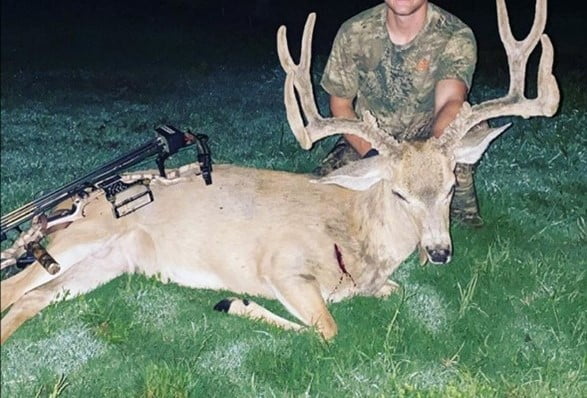
With Montana’s bow hunting and upland game bird seasons opening Sept. 1, remember that slow moving, quiet or game-calling, scented and camouflaged hunters will soon be sharing the landscape with the state’s even stealthier bears that may be stalking similar prey.
It may not be an encounter one hopes for, but all hunters must be aware there is that potential.
Grizzly bears are found throughout the western half of Montana, not just the Rocky Mountain Front, Bob Marshall Wilderness complex and the Yellowstone ecosystem.
The past few years grizzly bears in central Montana have been venturing into country they haven’t been documented in for several decades. This includes the Sweetgrass Hills, Highwood Mountains and Big Belt Mountains. Bears can travel many miles a day in search of food or just looking for new range. That means as their population continues to grow, it is likely their range will continue to expand.
Given the uncertainty of where and when these dispersing bears might show up, hunters should:
- carry bear spray, be prepared and know how to use it
- hunt with a partner and let someone else know your plans
- get harvested big game out of the woods quickly
- upon returning to a site where harvested game is left unattended, study the site at a distance for any movement or changes and signal your approach by making plenty of noise
- never attempt to frighten or haze a bear from a carcass
- contact FWP if a bear has consumed a carcass or covered it with debris rendering it unsalvageable
For more information on bears, visit FWP’s website at fwp.mt.gov; then click Be Bear Aware. Bear resistant products are described on the Interagency Grizzly Bear Committee’s website at www.igbconline.org. A “How to Hunt Safely in Grizzly Country” brochure is also available at FWP regional offices.
